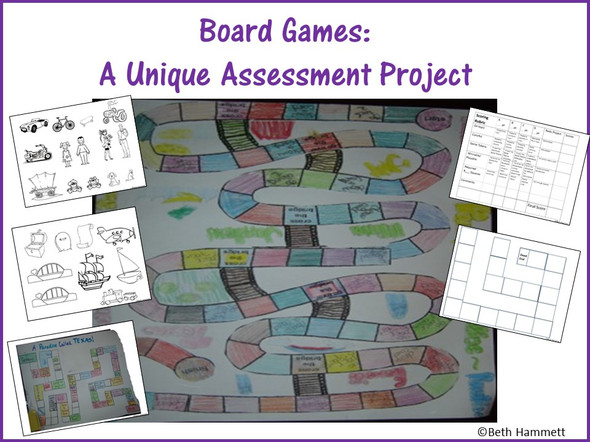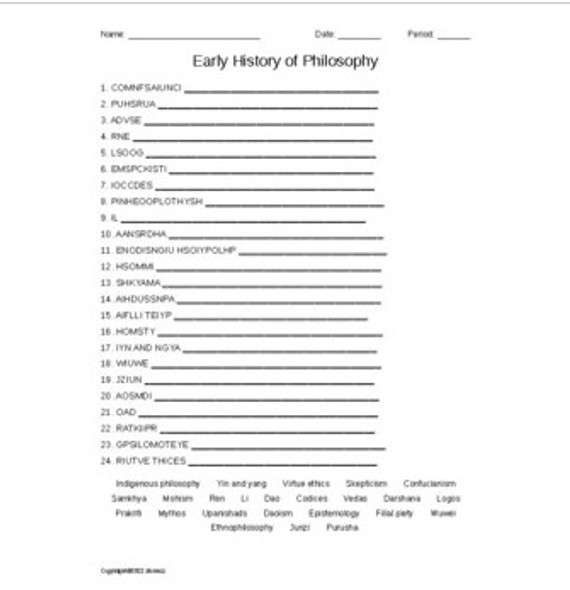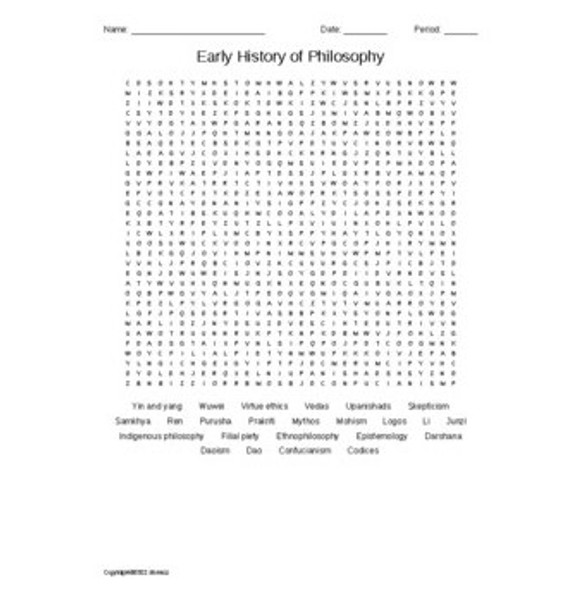Description
This 2-sided worksheet features a Taoist story of a farmer that has been told for over a thousand years, asking students to consider multiple perspectives.
"There lived an old farmer who had worked in his fields for many, many years. One day, his horse bolted away. His neighbors dropped in to commiserate with him. “What awful luck,” they tut-tutted sympathetically, to which the farmer only replied, “We’ll see.”
Next morning, to everyone’s surprise, the horse returned, bringing with it three other wild horses. “How amazing is that!” they exclaimed in excitement. The old man replied, “We’ll see.”
A day later, the farmer’s son tried to mount one of the wild horses. He was thrown on the ground and broke his leg. Once more, the neighbors came by to express their sympathies for this stroke of bad luck. “We’ll see,” said the farmer politely.
The next day, the village had some visitors – military officers who had come with the purpose of drafting young men into the army. They passed over the farmer’s son, thanks to his broken leg. The neighbors patted the farmer on his back – how lucky he was to not have his son join the army! “We’ll see,” was all that the farmer said."
Students then look at a definition of Zen, and find their own second source of a folktale or old story, and find out how much history depends on perspective, time, teaching, and experiences of those involved.
As we study history, I encourage all of us to try and look outside our own perspectives to try not just to learn, but to understand.









